If, like millions of people across the world, you’ve returned to work this week after the Christmas and New Year break, you might find yourself feeling tired and sluggish. This is normal. The holidays throw our regular routines out of whack, and it can take your body some time to catch up once you get back into the swing of things.
For many of us, the holiday season also spells a period of heightened stress, indulging in rich foods, drinking plenty of alcohol, and slacking off on our workout routines. All of this can lead to additional fatigue once you get back to work.
That’s why we’ve put together a few easy strategies to help you get through those first few difficult days and restore your energy levels to normal.
Stay Hydrated

Even mild dehydration can have a serious impact on your energy levels. If you are not drinking enough fluids, both your body and mind can feel slow and tired. Hydration is particularly important to consider if you have consumed a lot of alcohol over the holiday season, as alcohol is a diuretic and can lead to dehydration.
Carrying a bottle of water with you can remind you to sip regularly throughout the day. If you don’t enjoy plain water you can drink sparkling water, infuse your water with fresh fruit or an infusion bag (these are like herbal tea bags but designed for use in cold water), or drink unsweetened tea.
Limit Your Caffeine

This one might seem counterintuitive. After all, most of us reach for a cup of coffee when we hit that midafternoon energy slump. However, too much caffeine can have negative side-effects including jitters, a racing heart, an upset stomach, a headache, and insomnia. According to Medical News Today, too much caffeine can also make you feel tireder.
There’s no harm in enjoying a cup or two of coffee a day, but we recommend limiting your consumption to no more than the 400mg per day suggested by the FDA’s guidelines. If you struggle to sleep, drinking caffeine too late in the day might be part of the problem. Try having your last caffeinated drink at no later than 2pm for a few days and see if that helps.
Replace Sugary Treats with High-Protein Snacks

If you’re feeling tired during the day, do you grab a high-sugar snack—such as a candy bar or donut—to perk you up? This might make you feel better for a short while, due to the spike in blood sugar caused by refined carbohydrates. But what goes up must come down, and that means the dreaded sugar crash will not be far behind.
A treat once in a while won’t do you any harm, but overconsumption of sugar is an incredibly common cause of fatigue. It can also lead to weight gain, diabetes, heart disease, fatty liver disease, and some cancers.
Instead, try replacing some of those sweet snacks with protein-filled alternatives. Protein does not give you the immediate boost that sugar does, but it provides your body with vital fuel and takes much longer to break down than carbohydrates.
We love these delicious no-bake protein balls which are super quick and easy to make. Other great protein-filled snacks include nut butters, trail mix, protein bars or shakes (look for those with no added sugar), Greek yogurt, hummus, eggs, and cheese.
Stick to a Sleep Schedule

Most adults need 7-8 hours of sleep per night to function optimally, and most of us are not getting enough. Sticking to a sleep schedule and practicing good sleep hygiene will help you to face every day well rested and full of energy.
Sticking to a schedule means going to bed and waking up at the same time every day, or as close to it as is possible for you. This helps to maintain your body’s internal clock, also known as the circadian rhythm.
Sleep hygiene refers to all the things you can do to help yourself get plenty of quality, restful sleep. Some easy sleep hygiene tips include:
- Make sure your room is dark and at a comfortable temperature
- Stop using screens one hour before bedtime
- Create a relaxing evening routine (this might include a shower or bath, a warm drink, reading a book, or meditation)
- Avoid rich food, caffeine, and alcohol before bed
- Journal your worries before bed to get them out of your mind
Go for a Walk

If you’re feeling tired, moving your body might be the last thing you want to do. But it can also be one of the best ways to beat your fatigue. If you’re not feeling up to sweating it out in the gym, even a short walk can help.
Why not park further away from the office, get off the bus or train early and walk the rest of the way to work, or take a walk during your lunch break?
Read more
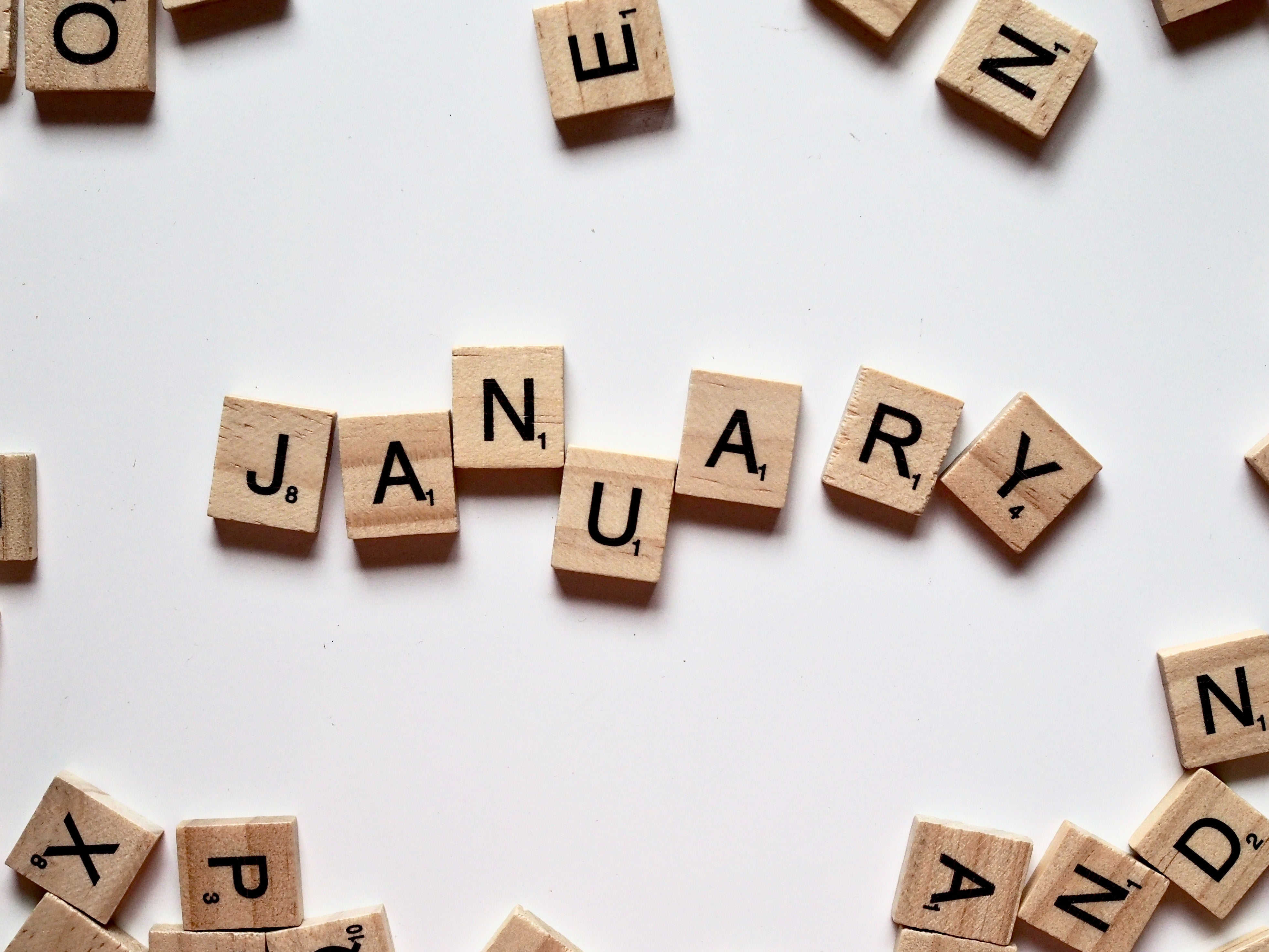
For many people, January is the time of year when they turn over the proverbial new leaf and pledge to work on their health and fitness. If this sounds familiar, you might be wondering about the be...
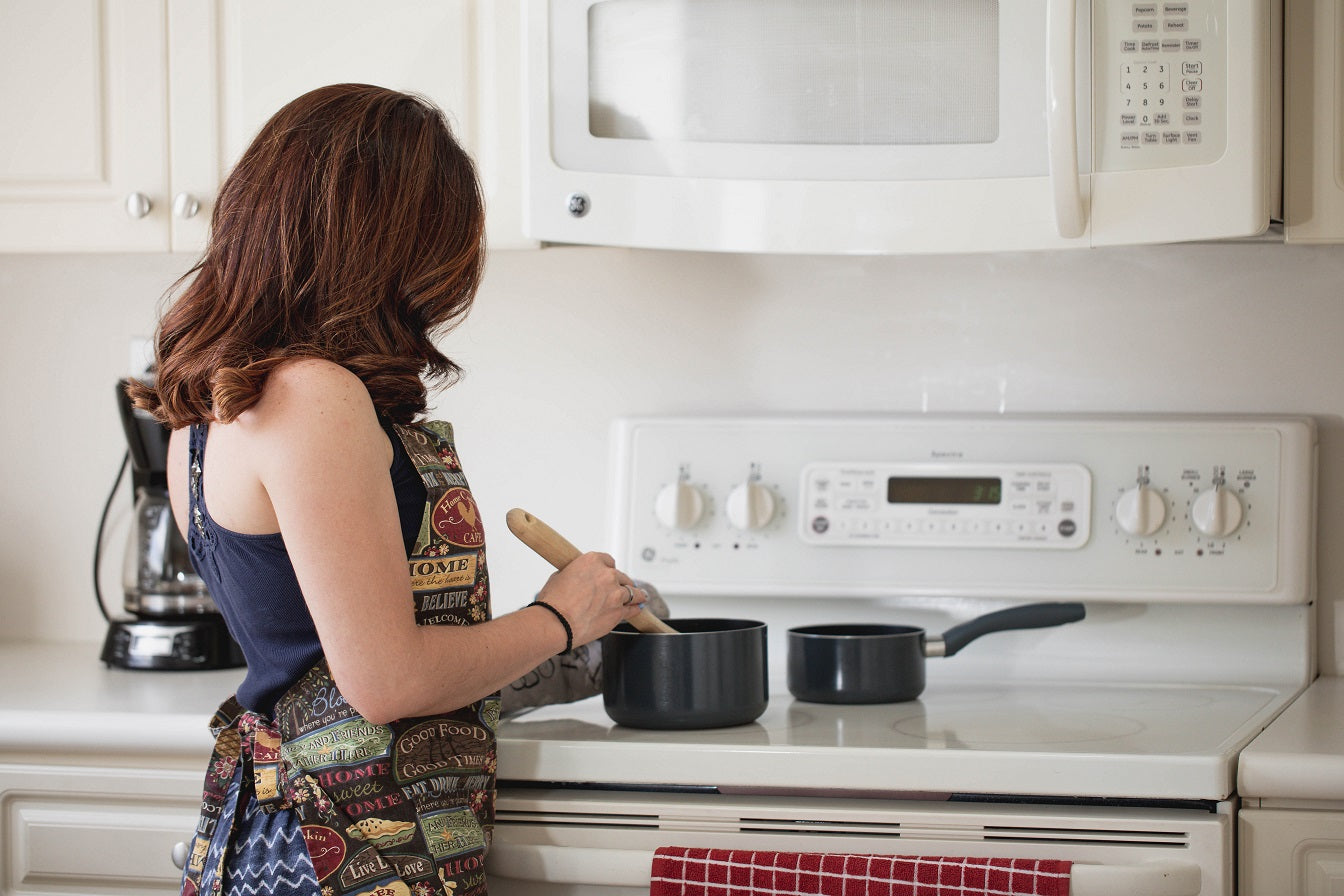
Doing more cooking at home is a very popular new year’s resolution, and for good reason. Cooking your own food is far healthier than relying on convenience foods, takeout, and restaurants. Home-coo...

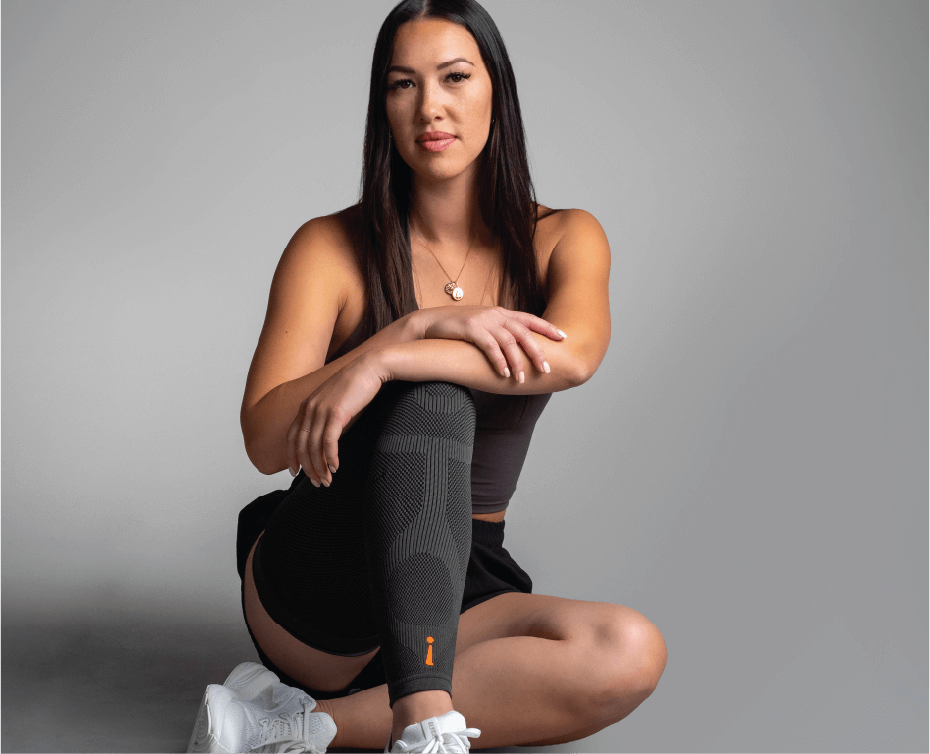

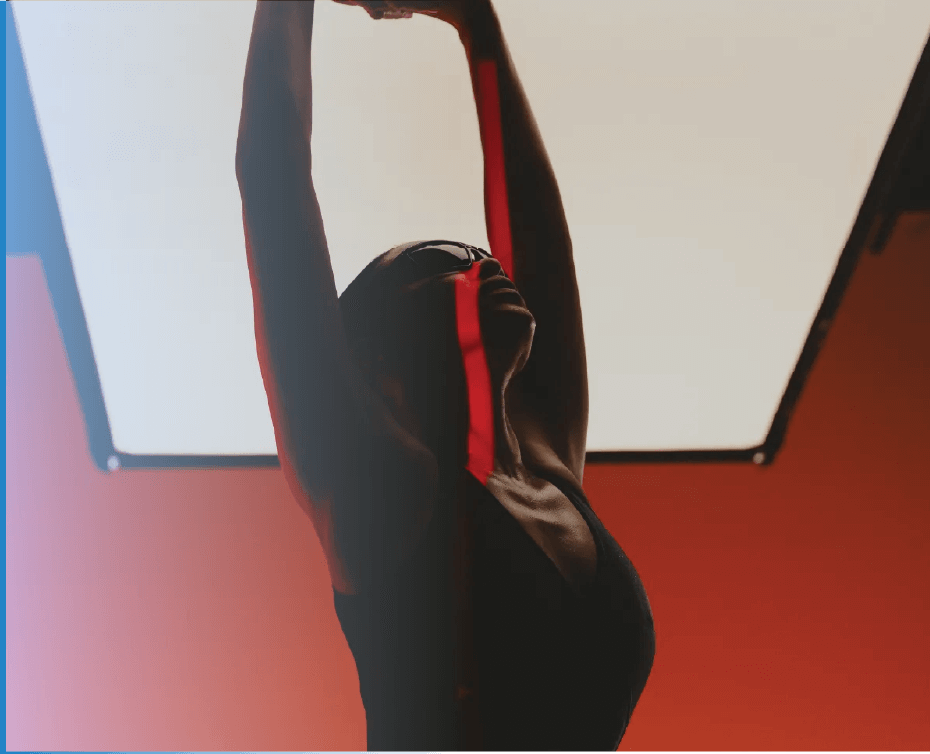
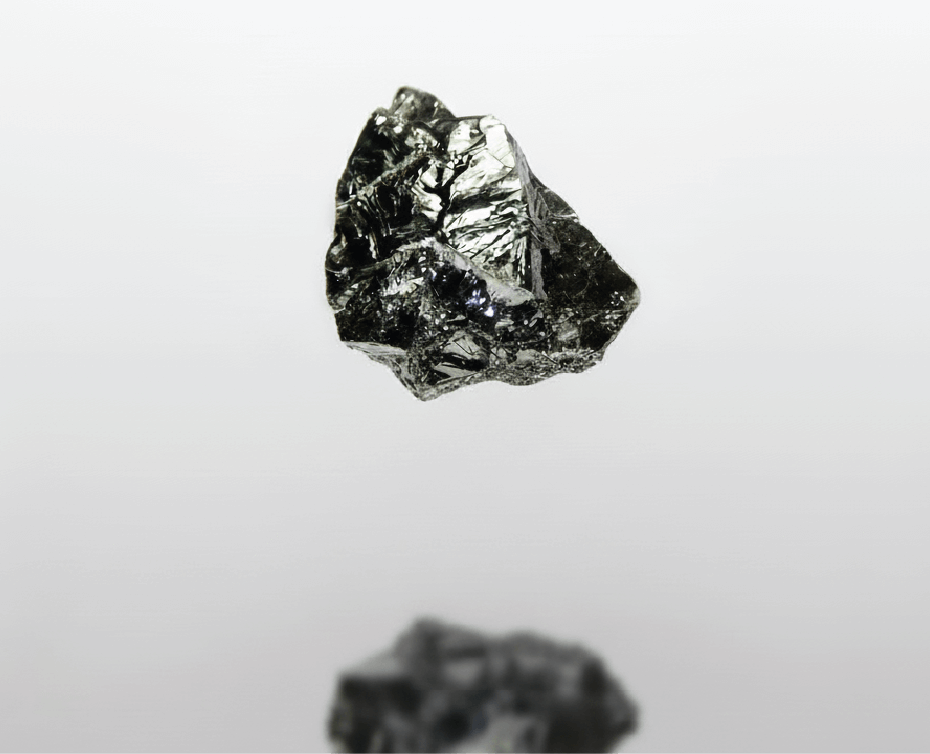
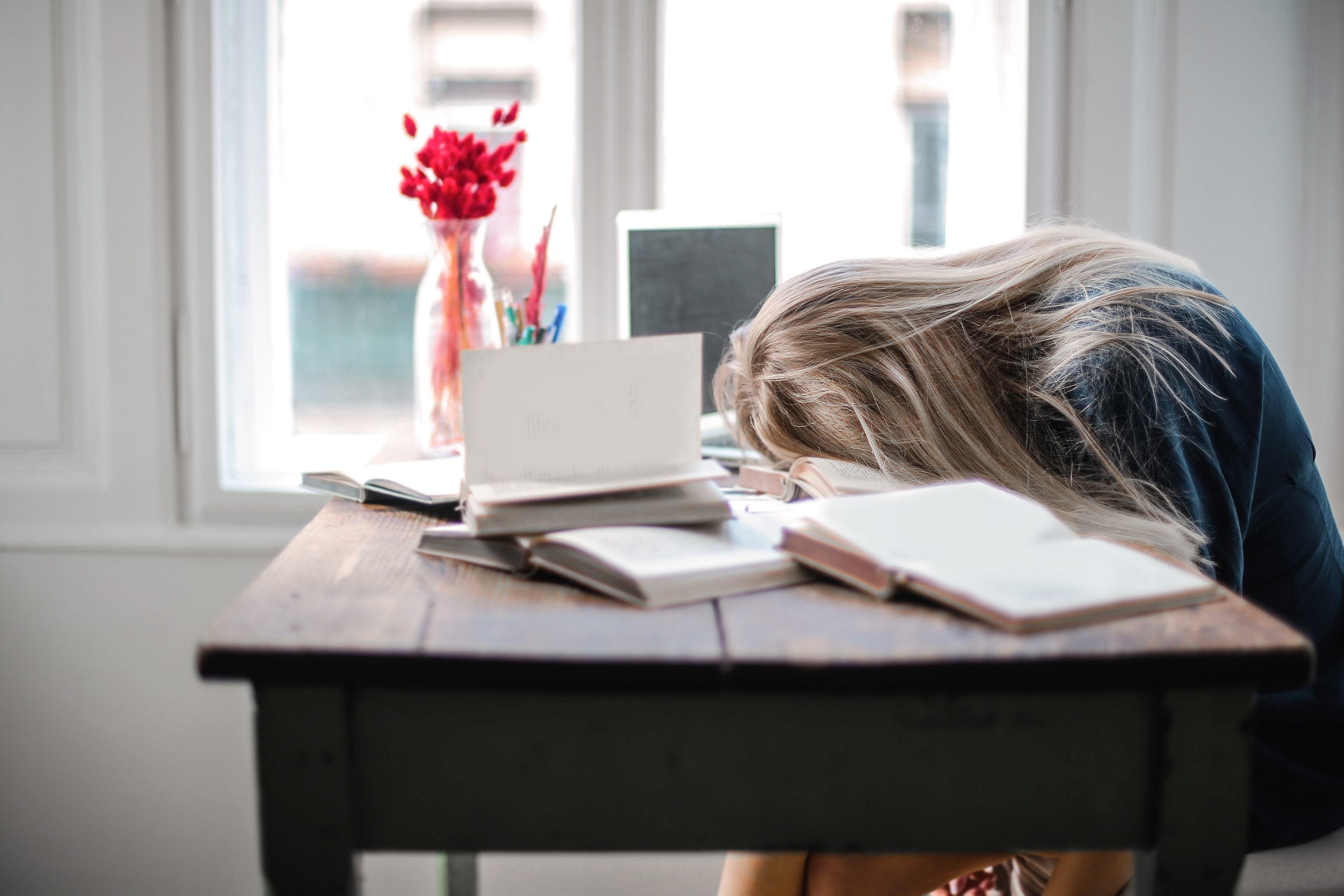
Leave a comment
All comments are moderated before being published.
This site is protected by hCaptcha and the hCaptcha Privacy Policy and Terms of Service apply.